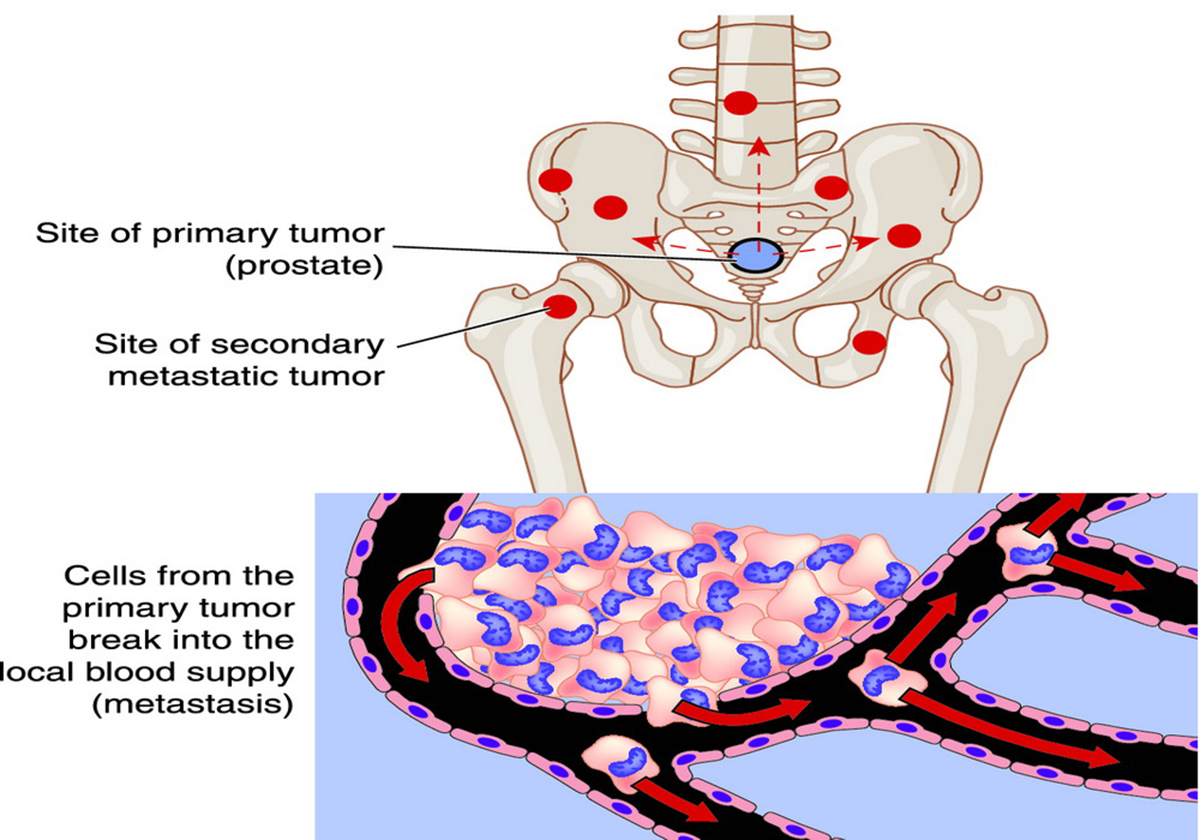Table of Contents
Aside from skin cancer, prostate cancer is the most common type of cancer diagnosed in American males. Prostate cancer primarily happens in men aged 65 or older, while it is very rare in males under the age of 40 years old. Because prostate cancer is so prevalent, many researchers and medical professionals are questioning whether a PSA test should be a regular part of routine health tests for men 65 years of age and older.

What is the prostate gland?
The prostate is a gland that only males have. The gland is located in front of the rectum and below the bladder. The size of the prostate will vary with the age of a male and it is usually comparable to a walnut.
What is prostate cancer?
There are many types of cells found in the prostate gland, but almost all types of prostate cancer starts in the gland cells. The medical term which is used to describe cancer that begins in the prostate gland is called “adenocarcinoma.” Some prostate cancer can spread and grow quickly, however most grow slowly. Many autopsies performed show that a lot of older males who died from something else, also had prostate cancer that never became fatal.
What causes prostate cancer?
The cause of prostate cancer is currently unknown. However, researchers have discovered risk factors and are currently learning just how these things influence prostate cells to turn cancerous. Prostate cancer is a result of changes in the DNA of a prostate cell. DNA is a chemical which makes up our genetics and determines how we will look, but it affects much more than just that. Some genes control how cells divide. More study is needed to determine precisely how prostate cancer develops and what the exact triggers are.
What are the symptoms of prostate cancer?
Frighteningly, there are no warning signs of prostate cancer. However, once a tumor has become large enough and grown beyond the prostate, the following symptoms are very common:
- Blood in urine or semen
- Hard time starting or stopping urination
- A frequent need to urinate, particularly at night
- Pain or burning upon urinating or ejaculating
- Leaking urine when pressure is exerted
- A weak or interrupted urinary stream
- Inability to urinate while standing
How is prostate cancer diagnosed?
There are two initial tests a doctor will use to test for prostate cancer. One test is to digitally check the rectum and feel around for lumps or bumps. The other is a blood test which is used to detect a certain substance called a “prostate-specific antigen” or PSA. When these tests are performed together, the abnormalities could suggest a man has prostate cancer.
See Also: The Top Ten Prostate Cancer Myths
What is a prostate specific antigen test or PSA?
A prostate specific antigen test will measure the level of PSA in the blood. If the level of PSA in the blood is higher, a man is more likely to have prostate cancer. However, there are other reasons why PSA levels could be elevated. Additionally, there are also men who do have prostate cancer, but do not have an elevated PSA.
- Photo by shutterstock.com
- Photo courtesy of Commander, U.S. 7th Fleet by Flickr : www.flickr.com/photos/us7thfleet/13904511973
- www.cancer.org/cancer/prostatecancer/detailedguide/prostate-cancer-key-statistics
- www.cancer.org/cancer/prostatecancer/detailedguide/prostate-cancer-what-is-prostate-cancer
- www.cancer.gov/cancertopics/factsheet/detection/PSA
- www.ncbi.nlm.nih.gov/pubmed/15163773
- www.medicalnewstoday.com/articles/281993.php
- online.wsj.com/news/articles/SB10000872396390444301704577631431570809256

